Movie franchises that jumped the shark in 2018

If you’ve never heard of the term, ‘jumping the shark’ is what happens when a long-running series tries something new, changing in such an extreme manner that it backfires and reveals that the franchise has run out of ideas.
It’s named after the moment in Happy Days when Fonzie literally jumped a shark to add a bit of excitement to the show, but it was such a preposterous moment it went down in infamy as an example of when showrunners and filmmakers completely discard the internal logic of their properties.
That happened plenty of times this year, which several movie franchises taking big risks in an attempt to stay relevant, and finding themselves becoming laughing stocks instead.
Star Wars with Solo A Star Wars Story
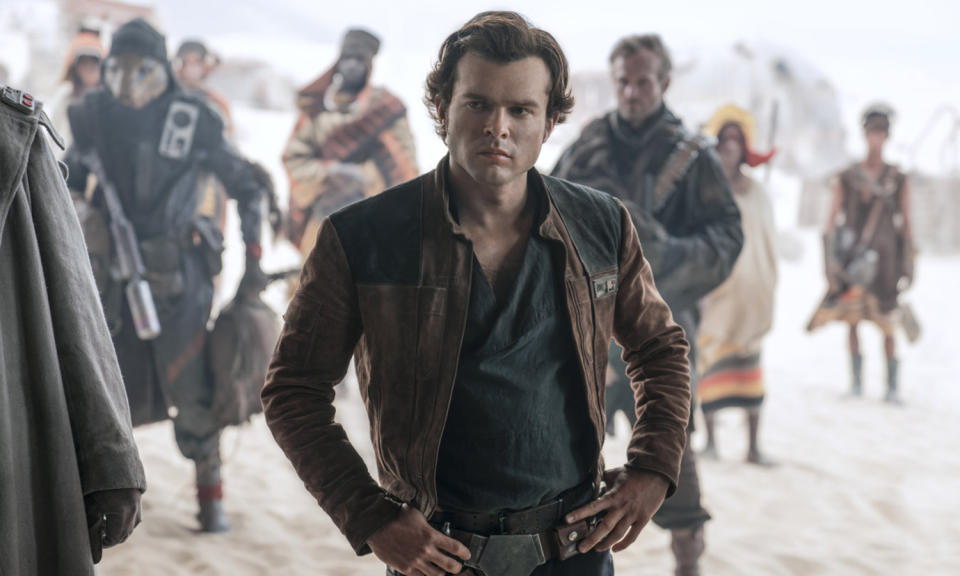
The Star Wars franchise came back with a vengeance when The Force Awakens hit the big screen and after the success of Rogue One: A Star Wars Story it seemed it could do no wrong. Lucasfilm was green-lighting spin-offs and new trilogies left, right and centre but when the news a Solo film was in the works not everyone was convinced. Who could possibly fill Harrison Ford’s shoes?
From that point things went from bad to worse; the directors were replaced, criticism of The Last Jedi had dimmed Star Wars’ shine and the marketing campaign didn’t start quick enough to spin support for the film. The final film, per se, wasn’t bad but after performing worse than expected at the box office it was enough to cause Disney to put future spin-offs on hold.
The Rock with Rampage and Skyscraper

So technically The Rock’s films this year haven’t been part of a franchise but one could argue he’s a franchise in himself. He brings out so many action movies each year, and historically they’ve done pretty well at the box office, but it’s hard not to just think of him playing himself in each one albeit a different, outlandish and disastrous scenario.
2018 saw the release of Rampage and Skyscraper, two blockbusters which earned £78.9 million and £53.7 million, respectively. Audiences may well be getting bored of the Dwayne Johnson production line of films especially when they don’t live up to the standard of past outputs or even the other films they are so clearly based on.
*Waves at Die Hard*
Cloverfield with The Cloverfield Paradox
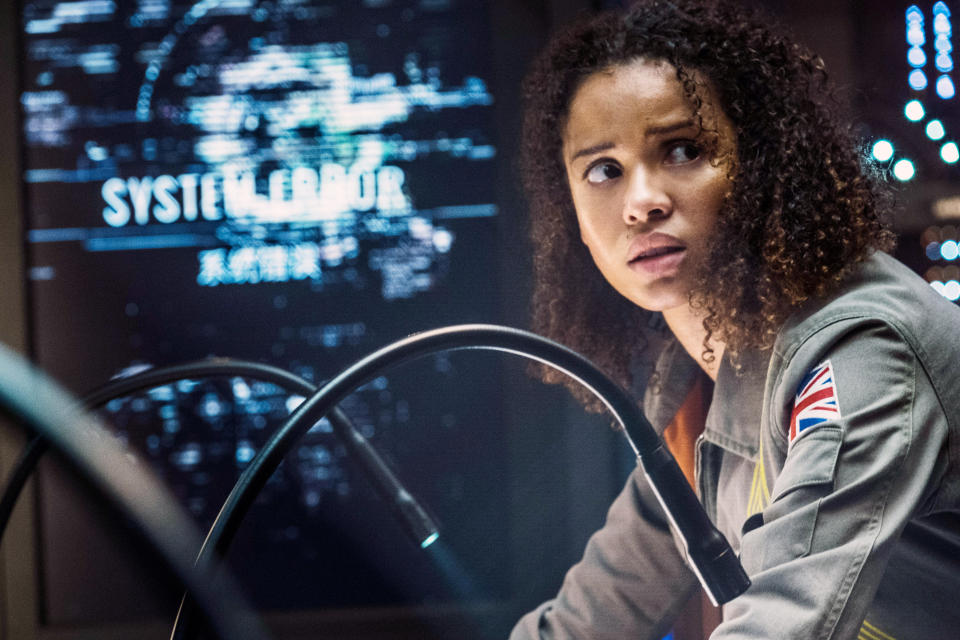
Paramount and JJ Abrams’ Bad Robot productions didn’t just jump the shark with this film, they dived right into its jaws. The movie was never meant to be part of the Cloverfield film franchise, it was originally just a bad, unreleased film called The God Particle that had had too much money wasted on it.
Hoping to salvage their investment, Abrams decided to add a whole earth subplot so they could sit the film within the Cloverfield Universe and flog it to Netflix as soon as possible rather than wasting money on a theatrical release and campaign.
To be fair, Bad Robot had used the same trick for 10 Cloverfield Lane by turning the script, The Cellar, they had bought into a Cloverfield sequel, and it worked, but clearly, that original screenplay was better than the one written for The God Particle. With the fourth film in development, Abrams’ team will need to do a lot to restore the audience’s faith in the Cloververse.
Jurassic World with Fallen Kingdom

Jurassic World: Fallen Kingdom jumped the dinosaur
Jurassic World was a massive success because it finally showed audiences what it would be like if the dinosaur theme park was opened to the public and things went catastrophically wrong. It made sense in the Jurassic World universe but Fallen Kingdom doesn’t care about making sense, but rather retconning the backstory of John Hammond in order to introduce a ridiculous human cloning sub-plot.
If that wasn’t enough to jump the shark, the film copied The Lost World: Jurassic Park by bringing a few dozen dinosaurs to the US and then expected audiences to believe they would take over the Earth.
There are too many guns in America for that to happen.
Robin Hood with Robin Hood
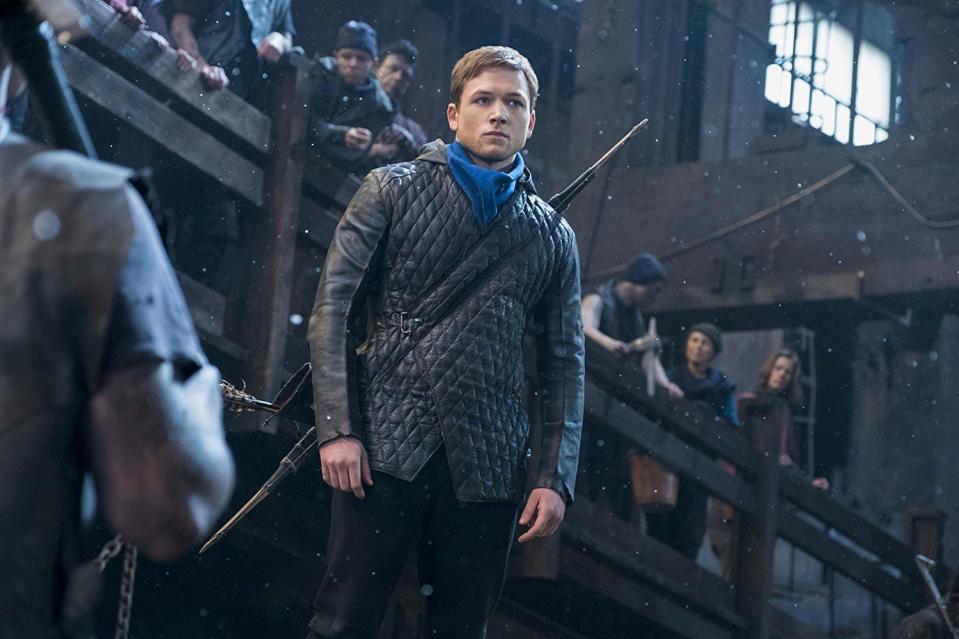
Unlike other Robin Hood films, Otto Bathurst’s adaptation was meant to be the first in a franchise of Nottingham-based adventures for the man in, er, joggers. The movie was set up as an origin story for Taron Egerton’s hero which threw historical accuracy out of the window in favour of a bizarre mythology.
Sadly, the film seemed to put more emphasis on its dystopian aesthetic than delivering a decent narrative and it tempted fate by setting up a sequel in the final scene. It was no surprise then that Robin Hood made a dismal £53 million at the global box office and it seems pretty clear that’s the last we’ll see of the Hood for a while.
Predator with The Predator
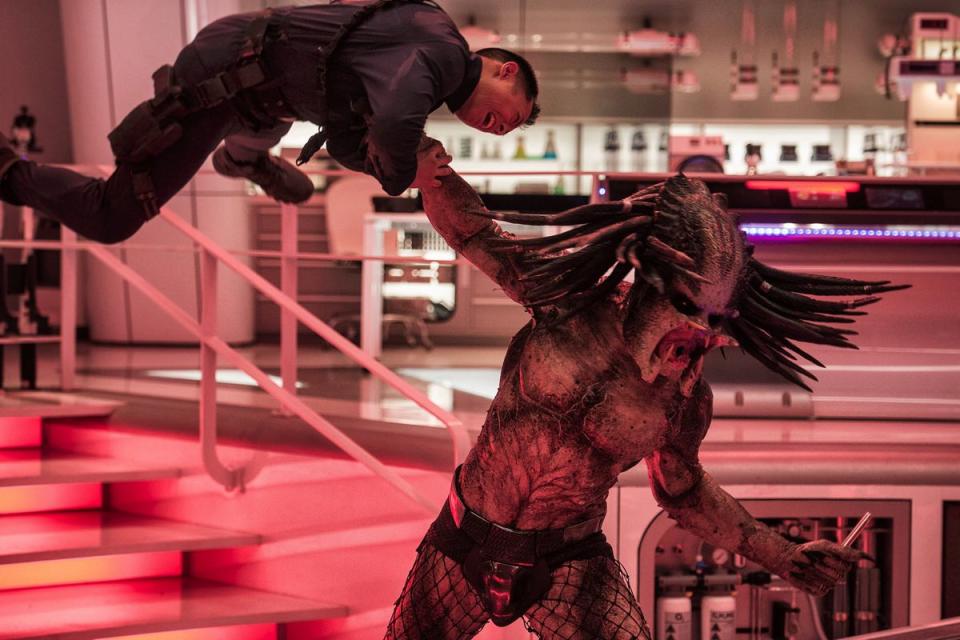
The Predator isn’t the first sci-fi/horror franchise to jump the shark with a bigger, nastier, harder alien for our heroes to contend with but that doesn’t mean its Ultimate Predator narrative is something to write home about.
It overcomplicated an already messy plot that basically remade the original Predator, poorly, in the final act that jumped the shark even more by veering into potential superhero territory with the introduction of the Predator Killer for a sequel.
Fantastic Beasts with Crimes of Grindelwald
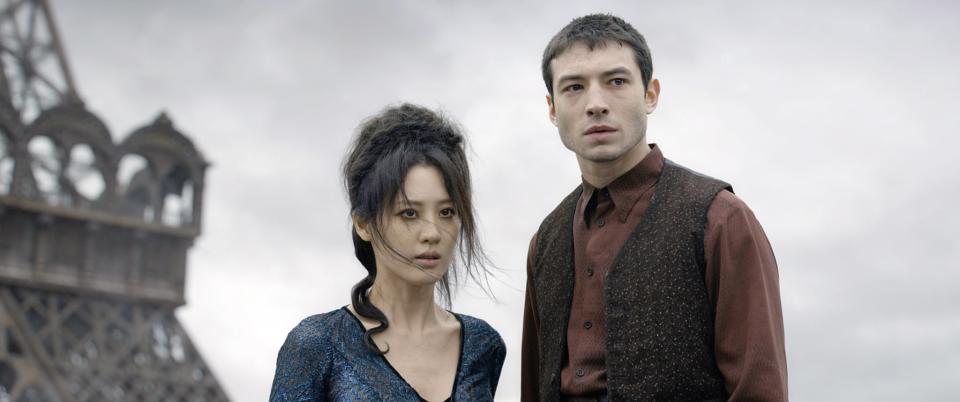
The Fantastic Beasts sequel proved it had jumped the shark before it was even released. JK Rowling’s meddling with Harry Potter characters’ backstories – Dumbledore and Nagini in particular – managed to damage the integrity of the original franchise and earn her accusations of racism and performative wokeness.
It didn’t help that the story was divvied up between too many characters so a coherent narrative was hard to decipher and its critical reception suffered for it. Not to mention the box office which has become the least profitable movie in the Harry Potter franchise.
READ MORE
Upcoming stars of 2019
Lessons Hollywood can learn from 2018 films
The most searched for movies of 2018

 Yahoo Movies
Yahoo Movies 
